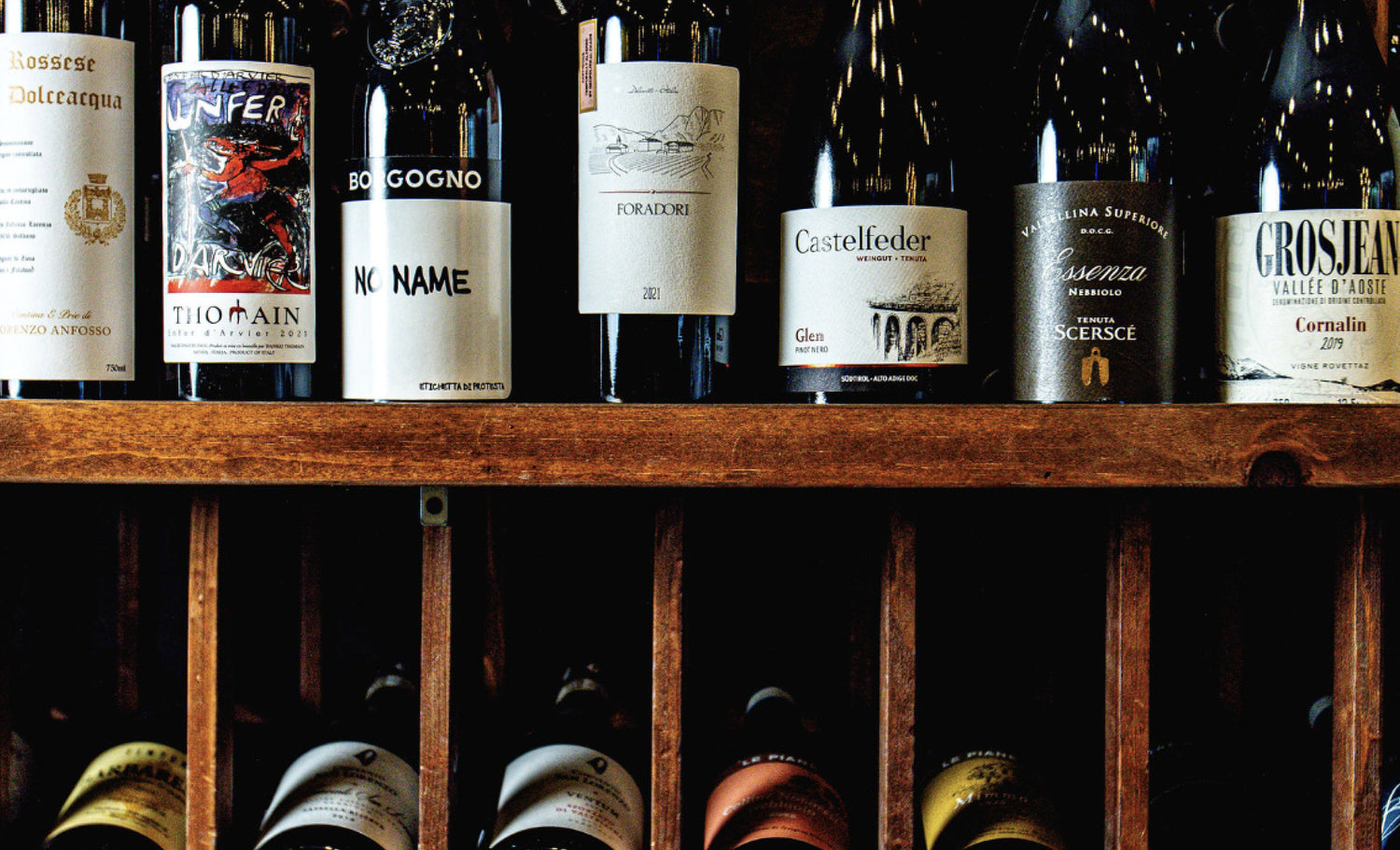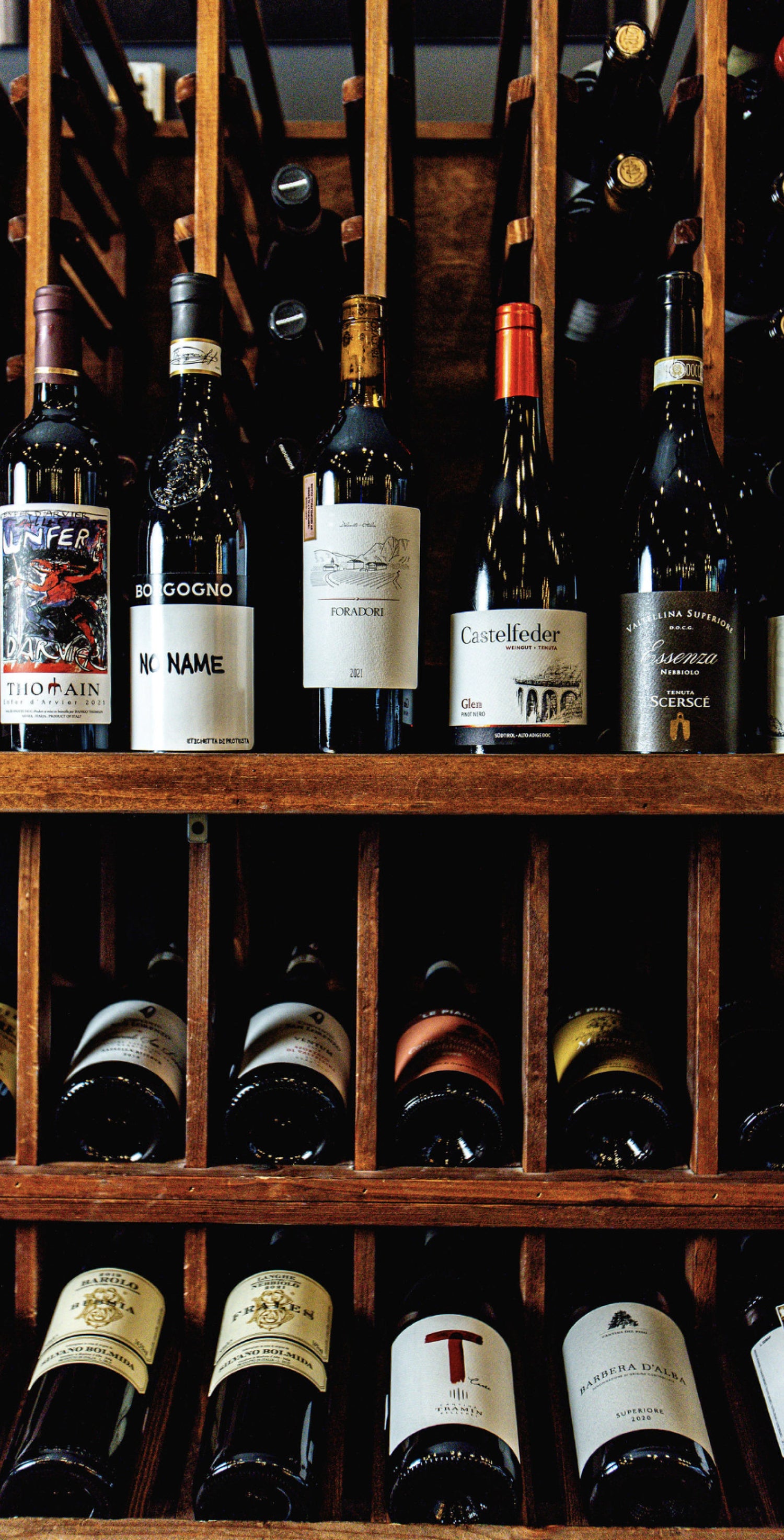From our Importer: For starters, 2019 was Marc's (Ollivier) last vintage. He's officially retired. And while his house is just minutes from the cellar, he and Geneviève plan to spend the majority or their time in Brittany enjoying the finer things in life (namely seafood). It's hard not to imagine Marc, who is REMARKABLY photogenic, as the face of the estate anymore. He is so engrained in our history, a true peer and friend; erasing his name and face from Pépière will be impossible for many of us. At the end of the day, Pépière is his creation and his presence will always be felt. And if you need your Marc fix, you can always read his interview from 2012.
Today the estate is in very capable hands with residing proprietors Rémi Branger and Gwénaëlle Croix. Rémi is a local that Marc has known since he was a kid. When his father retired in 2005, Marc purchased his land and Rémi started as an employee in 2006. Having long realized his daughters were not interested in inheriting the
estate, Marc had him come on board as a partner in 2011.
Gwen, on the other hand, joined in a less straightforward fashion. After a decade working in the industrial sector, she moved to China with her family for her husband’s work. She discovered wine there and it quickly became a passion. Upon returning to France, she decided to switch careers and studied viticulture and oenology at Montreuil Bellay. Her first visit to Pépière was a pruning formation in early 2011. She instantly hit it off with Marc and Rémi (which to be fair is quite easy) and after finishing school, worked at the estate a year before becoming a partner in 2014.
Marc will be the first to admit that adding new people and perspectives helped push Pépière forward. He largely credits Rémi as the impetus of finally converting to organic
viticulture, Gwen for biodynamics.
Things in the cellar have evolved as well, with more judicious applications of S02 and a fearlessness to push sur-lies élevages to new heights of three, four and even five years. Rémi and Gwen's enthusiasm and ambition have also expanded on Marc's legacy of single vineyard cuvées with their development of the cru bottlings for Clisson, Château-Thebaud, Monnières-Saint-Fiacre and Gorges. But let’s rewind a bit.
When Marc started Pépière with seven
hectares, the terroir was unified and it made sense to produce only one wine. But as the estate grew and the terroirs diversified, he began doing "what has always been done in the rest of France": he was already vinifying each parcel separately, so it was intuitive to start bottling single vineyard cuvées: "Clos des Briords" in 1988, "Cormermais" in 1992... While this may seem totally normal to the average French oenophile, the Muscadet works a bit differently.
Despite having some of the most varied terroirs and micro-climates in all of France, the Muscadet remains a region of scale and bulk dominated by large négociant operations. One could optimistically opine that its' strength lies in blending all of its terroir into a more complex whole, but the blunt and far less charming truth is that most vignerons get paid (poorly) for grapes by the kilo irrespective of where they are grown because négociants don't care. Even for independent estates, it is quite common to only produce a single cuvée despite the obvious variations of soil and micro-climates within their plots.
Because the appellation is heavily planted, grows only one grape and produces largely for immediate consumption, prices remain artificially low and do not encourage risk taking or breaking the mold. Despite being some of the cheapest viticultural land in all of France and home to living legends like Jo Landron, Michel Brégeon, Guy Bossard, Marc Pesnot, Luneau-Papin and of course Pépière itself, the environment remains poorly suited for small, ambitious
vignerons. A young kid could easily, for example, start a four hectare estate in Anjou and find an immediate audience. In the Muscadet, they'd need at least double the surface, would still have to charge much more than the average local bottle and would find themselves fighting an uphill battle in a reticent, price driven market. It's a shame and also why you don't see a tremendous amount of new talent emerging like in other cheap areas such the aforementioned Anjou, Touraine, Roussillon, Mâconnais or the Beaujolais.
So what does all this have to do with Pépière? Well, for the few estates who have dedicated themselves to show the true potentials of Muscadet's terroirs (essentially the names mentioned in the above paragraph along with a few others), it's been a boon of opportunity. Over the last decade, there has been a push by the appellation to create cru designations in hopes of bolstering Muscadet's reputation. Pépière was way ahead of the curve here, with half of the estate's 42 hectares falling within the crus of Clisson, Monnières-Saint Fiacre, Château-Thébaud and Gorges. At the time this was simply Marc, Rémi and Gwen picking the most interesting vineyards. And to give perspective, the average independent Muscadet estate only has holdings of 15 to 20% within the crus.
And while 50% of the estate’s vineyards fall within the cru limits, cru wines only represent an average of 15% of Pépière's annual production. In some vintages they will produce less or no cru wines at all if the quality is not there. Aging on the lees is always longer than the mandated 17 months, lasting a minimum of two years. But Marc, Rémi and Gwen have not been afraid to push it to 36 or even 48 months in some cases. All grapes within the crus not deemed up to snuff (again, around 85%) go into the the entry level "La Pépie" cuvée.

 Spicy Foods
Spicy Foods
 Shellfish
Shellfish
 Grilled Foods
Grilled Foods


